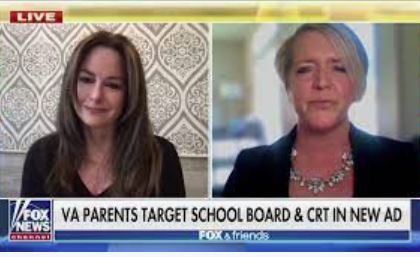


Critical Race Theory and the Push to Keep it Out of US Public Schools
By Denise-Marie Ordway, writing for The Journalist’s Resource…
Two experts offer insights to help journalists – and non-journalists – make sense of the recent controversy around critical race theory, a decades-old legal framework for examining how U.S. laws and systems have perpetuated racism.
Republican lawmakers and elected leaders across the U.S. have spoken out in recent months against public schools teaching critical race theory, a decades-old legal framework for examining how race and racism shaped U.S. history and how laws and systems in place today perpetuate racism.
Many of these officials have introduced a flood of state and local policy proposals aimed at limiting race-based instruction in elementary, middle and high schools. Not all of these plans specifically mention critical race theory, but they do place controls on how educators teach U.S. history.
Meanwhile, even as critics call critical race theory “un-American” and a divisive political movement, it appears people on all sides of the issue have different understandings of what it actually is. The technical term entered public discourse without a clear definition.
Republican politicians have pushed to ban critical race theory, also known as CRT, from public school classrooms even though it typically is not discussed there. And while news coverage tends to focus on the strong emotions expressed by people on both sides of the issue, journalists often leave out important details and context.
For example, many journalists over the past several months have reported on CRT without confirming whether it is or ever has been part of the curriculum in local school districts or school districts elsewhere in the U.S.
Critical race theory, explained by scholars…
For the rest, click here.